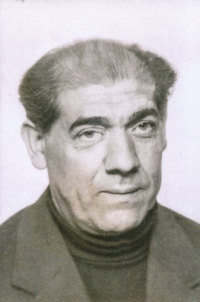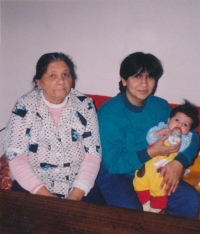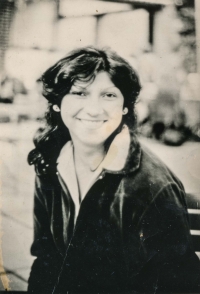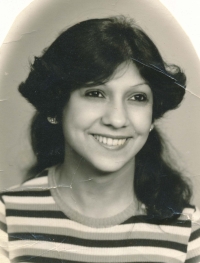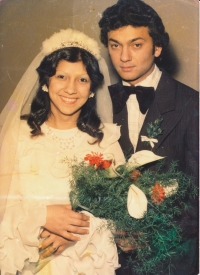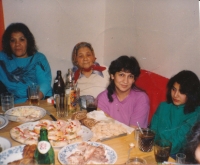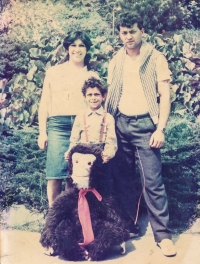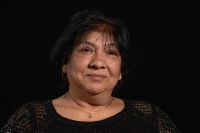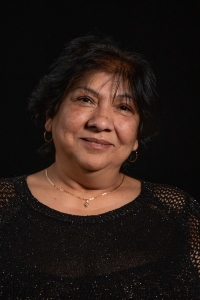“Where do I belong?! I was born in Bohemia!”

Download image
Zdena Grundziová was born as Zdena Kroková on 6 January 1962 in Frýdlant, Bohemia, as the sixth and youngest child. Her parents, Augustin and Marie Kroková, had come here several years earlier from the eastern Slovak village of Koprivnica, where they lived in very modest conditions. Shortly after Zdena’s birth, they moved to the village of Levonice near Postoloprty in the Lounsko region, where they worked in the JZD. Here they experienced the arrival of the occupation troops on 21 August 1968. Shortly afterwards, they moved to Popovice near Králův Dvůr, his father worked in the ironworks in Králův Dvůr, his mother again in the JZD. Zdena was very active at primary school in various clubs, she strived for good school results. However, she was not accepted for the apprenticeship in seamstress, where she applied, and instead she became a record presser in Loděnice. Shortly after her apprenticeship she became pregnant and after the birth of her son Robert she married Alexander Grundzi. In the 1980s, she worked as a crane operator in the ironworks in Králův Dvůr. After 1989, she worked with disabled children, founded the Romano Dživipen association, supplemented her education with courses and began studying at a social-legal school. She worked for the Občanská poradna and the Probation and Mediation Service, and is still actively working for the Roma community in Beroun.
